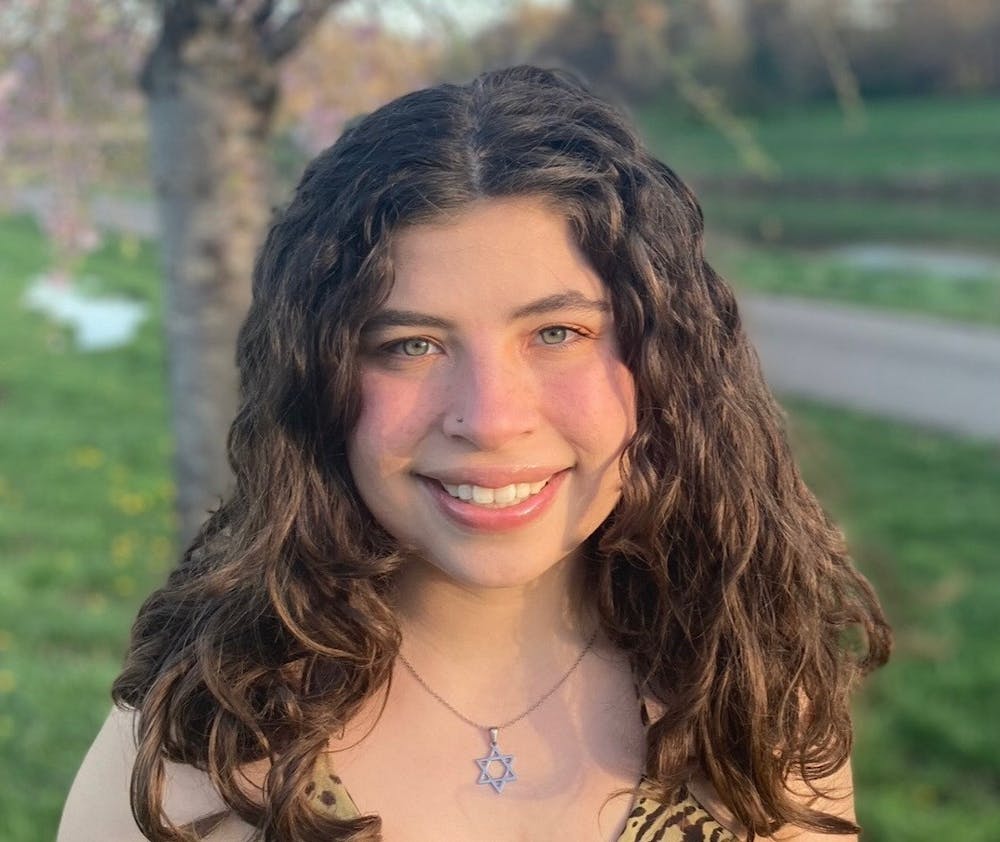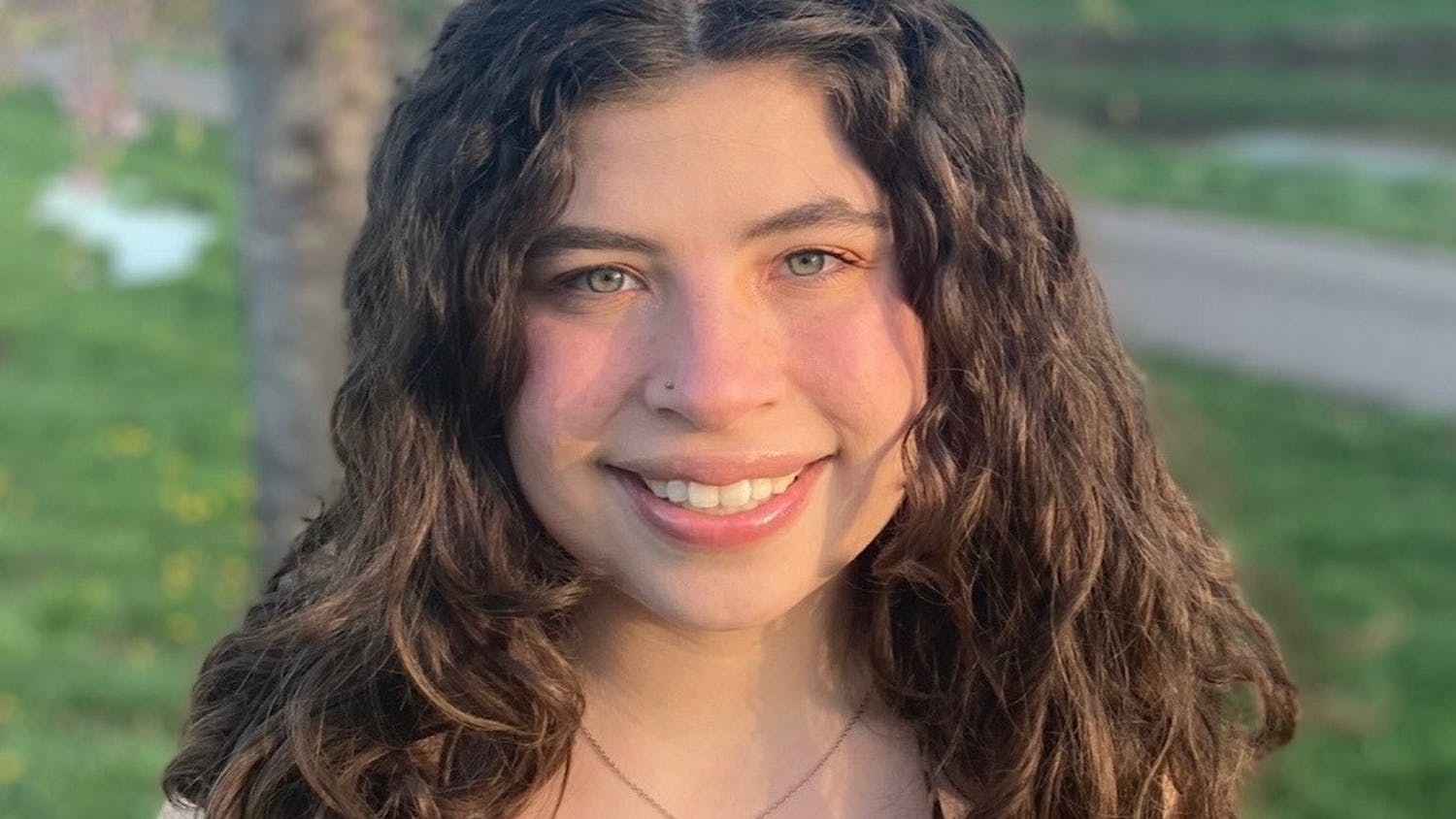I have unfortunately lost several friends and family friends since I started college. Two of these friends passed within just days of each other, under very different circumstances. All of these deaths have carried their weight, their shock and grief.
This weekend I attended a stone setting. For those unfamiliar, a stone setting is when a gravestone is unveiled. This happens at the end of the year of mourning. It is a chance for the family and friends of the deceased to gather and speak about their memories of their lost loved one. The air was lighter than it would be at the funeral, but it still carried the obligation of remembering the special person who was no longer with us.
The Jewish mourning period is unique because it has a set time frame. A Jewish person is buried as soon as possible after their death, and then following the burial are the seven days of mourning, also called "shiva." During a shiva, the deceased's family stays home and the community cares for them around the clock. This includes things like running errands, cooking meals and cleaning the house. A shiva ensures the mourning family is not alone and that the family can focus on grieving instead of their day-to-day tasks.
These customs and rituals got me through the deaths of my friends. In September, for example, a dear friend of mine committed suicide. I found out the following morning. None of it felt real. In some ways, it still doesn't. Before I could fully grasp that my friend was gone, I was attending his funeral. At first, I cursed this Jewish practice. I resented the fact that he was being buried before I could understand what his loss meant. I was sad, hurt and deeply angry. What kind of religion would force mourning onto its people like this?
It was only while I was deep into mourning that I understood the beauty of these rituals and why the burial would be so soon after the death. I had heard that in other cultures, the body was kept in a morgue for weeks, sometimes even months, before a funeral was held. At first, that seemed preferable. I wanted to resist the reality of this death. Our friends and his family probably felt the same way. But avoiding death is not a coping mechanism, it would instead be a resistance to healing. The death of my friend deeply saddened me– and it likely always will. But because his funeral happened so quickly, I could reckon with this new reality, the reality that he was no longer in. I was forced to sort out my feelings and communicate with mutual friends about his passing. I was forced into a world without him. And I am better for it.
If the Jewish tradition did not require this, I would not have the space I needed to heal, and I would not even know how to ask for it. If it weren't for the practice of shivas, the mourning families would be faced with having to balance their grief and their daily tasks. Jewish mourning practices make the space for those who have lost a loved one to really sit in their loss and begin the healing process. I understand that now, and I am so thankful for it.
Hadass Galili is a senior studying political science pre-law at Ohio University. Please note that the views and opinions of the columnist do not reflect those of The Post. Do you agree? Tell Hadass by tweeting her at @HadassGalili.




